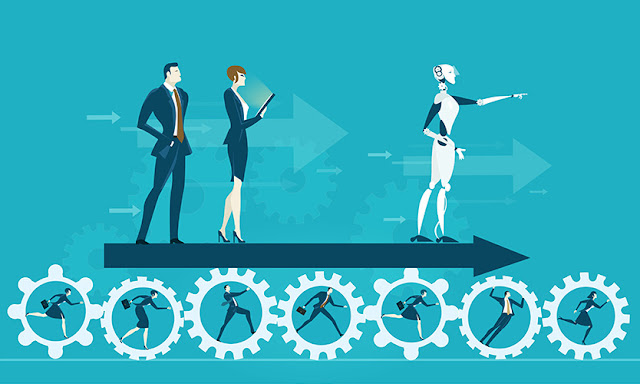How Artificial Intelligence has changed our world?
A majority of individuals are unfamiliar with the idea of artificial intelligence (AI). As an example, only 17% of 1,500 senior corporate leaders in the United States who were questioned about AI in 2017 stated they were knowledgeable about it. Many of them had no idea what it was or how it would impact their specific businesses. They were aware that changing business processes had a lot of potential, but they were unsure of how AI could be used within their own firms. Every aspect of life is changing thanks to AI technology. It is a versatile tool that helps individuals to reconsider how we combine information, evaluate data, and use the insights obtained to enhance decision-making. We intend to explain AI to a group of decision-makers, opinion-formers, and interested observers through the course of this thorough overview, as well as to show how AI is already changing the world and posing significant issues for society, the economy, and governance.
·
Promoting new models of digital education and AI
workforce development to equip workers with the skills necessary for the
21st-century economy.
We suggest the following actions to take in the future to
maximise the advantages of AI:
- · Creating a federal AI advisory committee to make policy recommendations.
- · Engaging with state and local officials to ensure they enact effective policies.
- · Increasing government funding for unclassified AI research.
- · Maintain systems for human monitoring and control.







0 Comments